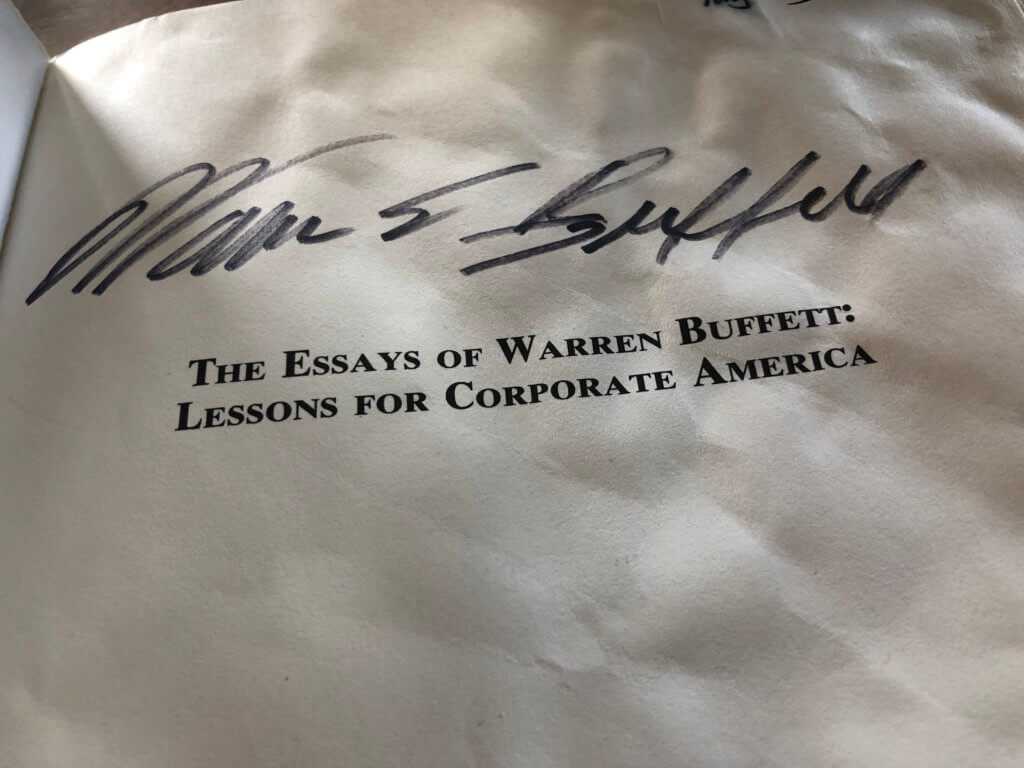“Did you apply yet? It’s basically free money!”
– Everyone
This past week, I received dozen emails and texts of this nature. Advisors, bankers, and other business owners all with the same encouragement: “Apply for the Paycheck Protection Program (aka PPP). It’s basically free money from the government!”
“Why would we apply?” was my reply. “We’re doing ok. We can meet our payroll just fine.”
Sure, my business was affected by the COVID-19 crisis. Our most profitable division at iHeartDogs.com, which sells advertising to pet brands, was facing intense headwinds. Clients were cancelling or pausing their advertising campaigns at an alarming rate. Our customers we’re frozen in fear, along with much of the world. Advertising is always the first thing cut in a recession.
But on the other hand, our Ecommerce division was doing fine. Pet owners were turning to us like never before as we were able deliver products faster than even Amazon mid-crisis. Customers loved the fact that we were using our profits to help animal shelters and healthcare workers during the crisis.
I got on the phone with my relationship banker at JP Morgan Chase, a Vice President of client relations. “Justin, you may not need the money now, but you don’t know what the future holds. I’m telling all my clients to take the money.”
“I’ve looked the PPP application,” I replied. “I have to attest that ‘this loan is necessary in order to continue our business operations.’ This is simply not the case for us. And wasn’t the intent of Congress such that this would help small businesses that were completely shutdown by the COVID crisis?”
We could have easily applied, and with our connection at Chase, we would surely have been one of the early approvals. And because we would certainly would have used the funds for payroll, we should have qualified to have the loan forgiven. In other words, it would have been free money.
But instead, we turned it down. We said no to $328,567 (the amount we would have qualified for, according to our monthly payroll)
My partner Marshall and I talked, and came to an agreement. If the company hit choppy waters in the coming months, we would personally put that amount of money into the company to meet payroll.
Our CFO, a man of immense integrity and wisdom, encouraged us from day one to reject the handout. He believed it was the honorable thing for a business in our position to do.
A foolish, idealistic decision? Perhaps.
I write this on April 17th, still in the thick of this crisis, still on lockdown. Just 2 days ago, the SBA announced that the funding for the PPP had already run dry, burning through the original $349 billion congress allocated to the program. Hundreds of thousands of small businesses were not able to access funding from the program.
I don’t know what the future holds for our business. Our bottom line will certainly be affected in the coming months.
Did we miss out? Surely. Did we put our employees at risk? Perhaps.
But do we sleep better knowing we didn’t take funds from a business that truly, desperately needed it? Absolutely.
You can’t have capitalism on the way up, and socialism on the way down. You’ve got to have skin in the game all the way.
We wanted our story to be this: When things got hard, rather than taking a bailout, we lived and died on the merits of our own actions and our courage.



